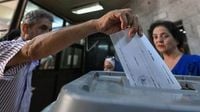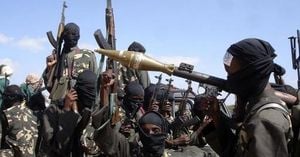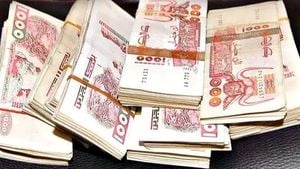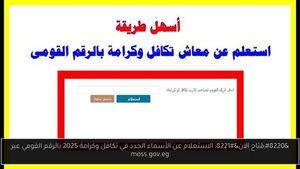Syria is set to hold its first parliamentary elections under the new administration between September 15 and 20, 2025, marking a significant milestone since the fall of former President Bashar al-Assad’s regime in December 2024. This election will be the first under the provisional government led by interim President Ahmad al-Sharaa, who assumed power following a swift rebel offensive that ended nearly six decades of Baath Party rule.
The High Election Committee, chaired by Mohammed Taha al-Ahmad, confirmed to state media that preparations are well underway for the vote, which will see an expanded People’s Assembly with 210 seats—an increase from the previous 150. Of these, one-third, or 70 seats, will be appointed directly by President Sharaa, while the remaining 140 seats will be elected by the public.
According to al-Ahmad, the electoral process reflects amendments to the temporary electoral law, which were recently presented to President Sharaa. The revisions include seat allocations based on the 2011 population census, ensuring representation across all Syrian provinces. The president emphasized the importance of holding elections nationwide, explicitly rejecting any ideas of territorial division, a stance that resonates with the broader Syrian population’s opposition to partition.
Sharaa also underscored the necessity of excluding from the election process any individuals who supported or collaborated with war criminals or who promote sectarianism and division. This move aims to foster national unity amid a fragile post-conflict environment.
Following the presidential decree on the revised electoral system, the High Election Committee will form subcommittees within a week. These subcommittees will then have 15 days to establish local electoral bodies responsible for managing the elections. Candidate registration will follow, with nominees given a week to prepare their campaigns, which will include debates and interactions with electoral authorities.
The government has pledged broad representation and transparency. Women will constitute at least 20% of the electoral bodies, and the entire electoral process will be open to observation by civil society and international organizations under the supervision of the High Election Committee. This openness aims to lend credibility to the elections and reassure both domestic and international observers.
These elections come at a complex and challenging time for Syria. The country remains deeply divided, especially following violent sectarian clashes in the southern province of Sweida earlier in July 2025. The conflict, which erupted from tit-for-tat kidnappings between armed Bedouin clans and fighters from the Druze religious minority, resulted in hundreds of deaths and threatened to destabilize Syria’s fragile postwar transition.
Government forces intervened ostensibly to quell the fighting but reportedly sided with the Bedouin clans, with accusations of Druze civilians being executed and homes burned and looted. The violence drew international attention, prompting Israel to launch airstrikes on Syrian government forces and the Defense Ministry headquarters, citing the need to protect the Druze minority.
Meanwhile, the political framework guiding Syria’s interim period was established with a constitutional declaration signed by President Sharaa in March 2025. This temporary constitution preserves a central role for Islamic law while guaranteeing women’s rights and freedom of expression. However, it has raised concerns among civic groups and Western nations over the concentration of power within the country’s Islamist-led leadership.
The new People’s Assembly is expected to lay the foundation for a broader democratic process, although critics argue that minority groups currently lack sufficient participation. The assembly will also be tasked with approving landmark legislation aimed at overhauling decades of state-controlled economic policies and ratifying treaties that could significantly reshape Syria’s foreign policy alliances.
Election committee member Hassan al-Daghim revealed that electoral colleges will be established in each province to vote for the elected seats, ensuring localized representation. Despite ongoing conflicts and regions outside government control, including Kurdish-held areas in northern Syria and the Druze-majority Sweida province, seats will continue to be allocated based on population figures.
Since the fall of Bashar al-Assad, who fled to Russia in December 2024, Syria has been undergoing a transitional phase. The Baath Party’s long-standing regime, which had been in power since 1963, ended abruptly, ushering in hopes for political reform and national reconciliation. The new administration under Ahmad al-Sharaa, formed in January 2025, is now tasked with navigating this turbulent period.
Observers note that while the upcoming elections present an important step toward political normalization, the country’s deep divisions and recent violence highlight the challenges ahead. The government’s commitment to inclusivity and transparency will be tested as Syrians head to the polls in September, seeking to shape the nation’s future after years of conflict and upheaval.





